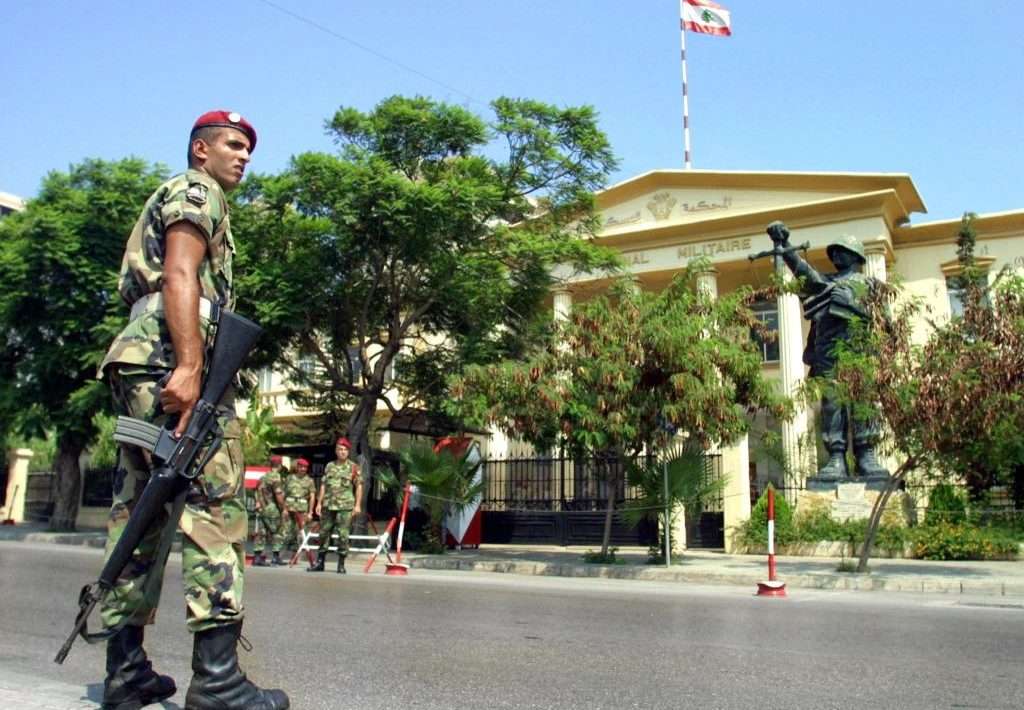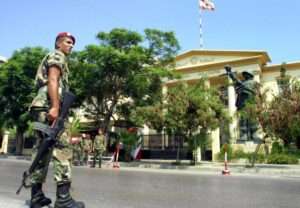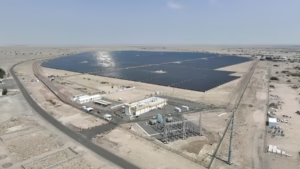By Dr. Abdelaziz Tarekji
A Minor Dies — and a Country Grows Numb to Injustice
A few days ago, Muhannad Muhammad al-Ahmad, a 14-year-old Syrian minor, died after three months of detention at the Juvenile Prison in al-Warrar.
Conflicting accounts soon followed — official statements, family testimonies, and silence from the Internal Security Forces, who, at the time of writing, had yet to provide a transparent and convincing explanation.
Preliminary medical and human-rights reports deepened public suspicion, fueling outrage across Lebanon and the region. This was not an isolated tragedy, but yet another chapter in the long history of deaths and torture inside Lebanese detention centers, perpetuated by a systemic absence of accountability.
A Record of Abuse Without Justice: A Timeline of Torture Cases
• May 2019 – Hassan al-Dikkeh
Died after submitting documented complaints of torture. Despite calls from the UN High Commissioner for Human Rights for a genuine investigation, Lebanese authorities allowed the same security agency accused of abuse to investigate itself. No accountability to date.
• August 2022 – Bashar Abdel-Saud
A Syrian refugee died under torture while in State Security custody. Five officers were charged, yet the military court’s handling of the case revealed deep institutional bias — further evidence that torture cases do not belong before military tribunals.
• August 2025 – Osama al-Jaour
Died in Roumieh Prison amid allegations of torture and medical neglect. Months later, there are still no transparent judicial findings or accountability.
• October 2025 – Muhannad Muhammad al-Ahmad (14)
The death of a child in detention raises an urgent question: Why do people keep dying in custody without swift, independent, and effective investigations?
• 2017 – The Case of Ziad Itani
The Lebanese artist’s ordeal — abduction, torture, and public humiliation by State Security — became a national scandal. Yet, instead of prosecuting the torturers, the state targeted the victim through defamation suits. A symbol of a system that protects perpetrators and punishes truth-tellers.
Lebanon’s Legal Obligations: Strong on Paper, Weak in Practice
• Convention Against Torture (CAT) — Acceded in October 2000. Obligates Lebanon to prohibit torture absolutely, investigate every allegation, prosecute perpetrators, and exclude any confession obtained through torture.
• Optional Protocol (OPCAT) — Ratified in December 2008. Mandates regular, unannounced visits to detention sites by an independent National Preventive Mechanism (NPM). Yet, the NPM created under Law 62/2016 remains underfunded and barely operational.
• Anti-Torture Law No. 65/2017 — A milestone law crippled by loopholes:
• Statutes of limitation (3–10 years) that start after the victim’s release.
• Mild penalties that fail to reflect the severity of the crime.
• Ambiguity about whether military courts may hear torture cases.
International human-rights bodies have called for urgent amendments: abolishing limitation periods, assigning jurisdiction exclusively to civil courts, and adopting the Istanbul Protocol as Lebanon’s forensic standard.
Who Bears Responsibility?
1. The Security Establishment
A deeply ingrained police mentality still defines Lebanon’s detention culture — where beatings, intimidation, and humiliation are routine “interrogation tools.” True reform requires leadership that acknowledges, not denies, the problem. Every suspected officer must be suspended and referred to civil justice immediately.
2. The Judiciary
Referring torture cases to military courts undermines the very concept of justice. Civil judiciary must have exclusive jurisdiction over all torture and death-in-custody cases.
3. The Executive and Parliament
Maintaining statutes of limitation for torture — a crime under international law — is a flagrant violation of Lebanon’s obligations. Lawmakers must abolish time limits, increase penalties, and codify the exclusion of military courts from torture cases.
A Roadmap for Change.
1. Independent Civil Investigations
Every death or injury in custody must be referred to an independent civil judge, with families guaranteed full access to forensic reports.
2. Suspension of Suspects
Officers accused of torture should be immediately suspended pending judicial outcome and prohibited from contacting victims or witnesses.
3. Adoption of the Istanbul Protocol
Make it the official national standard for documenting and investigating torture, and train judges and forensic experts accordingly.
4. Activate the National Preventive Mechanism
Provide full independence, resources, and authority for unannounced inspections of all detention sites — military or civilian.
5. Legislative Reform
Abolish limitation periods, increase penalties, and ensure that all torture cases fall under the civil judiciary.
6. Transparency and Public Accountability
Publish full, timely statements on every death or allegation. Secrecy shields the torturer, not the investigation.
Conclusion: No Reform Without Justice.
A child dies in a juvenile facility. A refugee dies under interrogation. A detainee’s body bears the unmistakable marks of pain.
This is not justice, and it is certainly not security.
Lebanon’s obligations are clear. Its laws already provide a framework — but political will and judicial courage are missing.
True reform begins when the state acknowledges that torture is not an incident — it is a policy.
Justice demands more than words; it requires that every order, every hand, and every silence that enabled torture be held to account.
Until then, impunity remains the law — and torture Lebanon’s unspoken policy.














